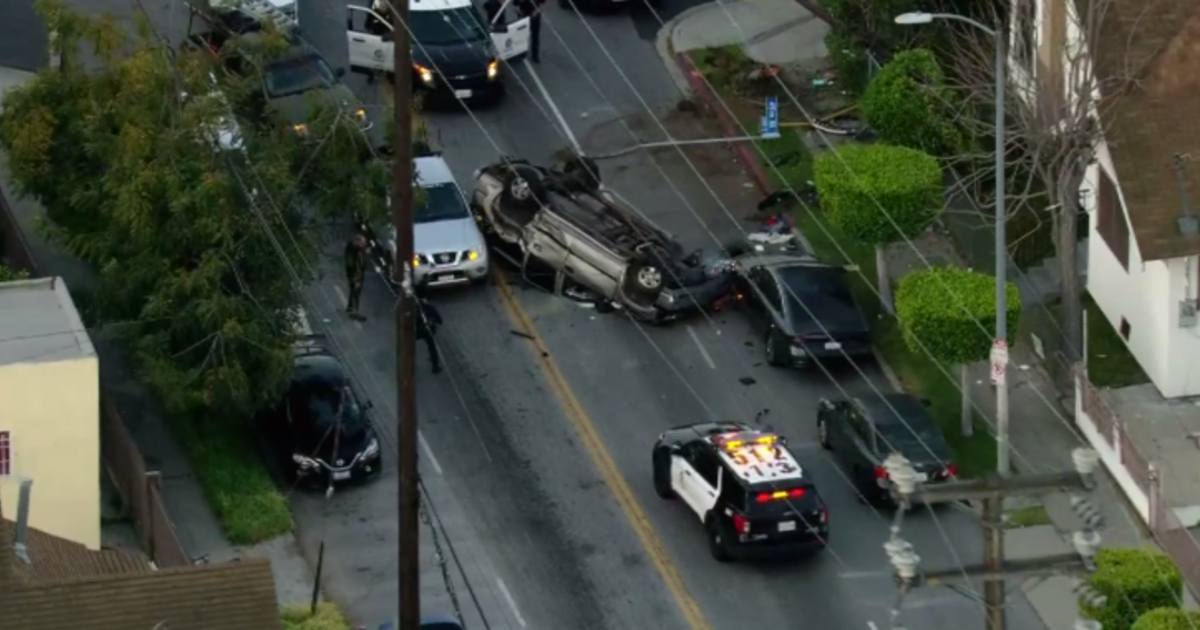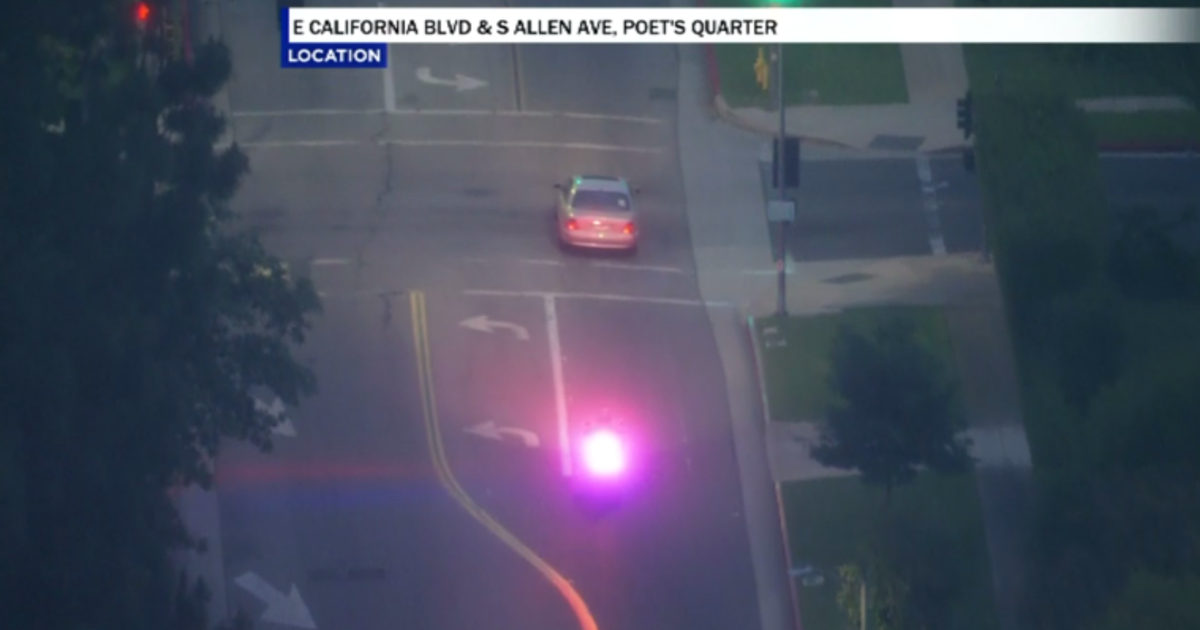Travelers Question Why Ebola Screenings Aren't Being Implemented At All Major Airports
LOS ANGELES (CBSLA.com) — As the Centers for Disease Control beefs up enhanced entry screenings for Ebola at five major U.S. airports, travelers at Los Angeles International Airport say they're worried enough isn't being done to protect people across the globe.
"They assured us that Ebola wouldn't infect other people or doctors, nurses, etcetera, but it has, so I'm concerned," said Marina Baeza, who is traveling to Spain.
Enhanced entry screenings will start at New York's JFK Airport, as well as, at Newark, Washington-Dulles, Chicago O'Hare and Atlanta International.
"We have to ensure that whatever we do doesn't unintentionally increase the risk that we will be at risk," said Tom Frieden, the director of the CDC.
Travelers from Guinea, Liberia and Sierra Leone will undergo temperature checks and extra questioning. The CDC says the five airports represent about 95 percent of all passengers who arrive from the countries in question, totaling about 150 people.
"We remember what a deadly enemy Ebola is and how important it is that we take every step possible to protect Americans and stop the outbreak at its source in Africa," Frieden said.
While LAX is not increasing screenings specifically for Ebola, the CDC does have a quarantine unit at the airport. Officials say they screen all passengers for signs of overt illness and refer those who seem sick to the CDC.
The same is true for the Port of Los Angeles, where all incoming vessels must give at least 96 hours notice before entering U.S. waters. That time is used by the U.S. Coast Guard to conduct a background check of every stop the ship has made for the past few years and those on board.
"A lot of people, when they think of the Department of Homeland Security, they just think of terrorism and weapons and things like that but there is a whole other host of things that go along with our mission set," said Petty Officer Adam Eggers of the U.S. Coast Guard. "One of them is protecting this port and the people who live here and in California from airborne pathogens or bodily contact viruses, like Ebola."
Meanwhile, Frieden says a total ban on Ebola hot-zone travel isn't a good option as it would prevent medical aid workers from entering and leaving those countries, and could result in a greater spread of the virus.
RELATED STORIES:



